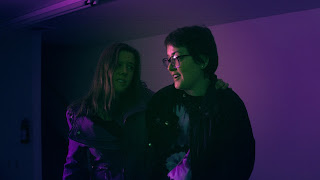Cheesy Writing
Let's take a minute to talk about cheesy writing. I previously described it as camp's close cousin, but that isn't a fair description. While the two words are often used interchangeably (or even synonymously) they're not the same thing.
Camp can be used as an intentional artistic choice. And for a more thorough examination, check out my blog all about it by clicking here.
Cheese, on the other hand, is never intentional, never good, and has no artistic merit. It's generally defined as inauthentic storytelling, unbelievable, and cliche.
Simply put, it's bad writing.
The problem is, I find calling something cheesy a rather cheesy thing to say. Don't get me wrong, bad writing exists. And, unfortunately, in abundantly high quantities. But as a critique, calling something cheesy lacks any sort of substantive analysis.
More often than not, is a form of critique bullying. Especially when it's used in conjunction with camp. It's basically the literary version of a backhanded compliment, and you don't have to take it!
So how do we recognize cheesy writing? Easy answer... We don't! Cheesy is code for bad. It's that simple. If someone defines your work as cheesy, you have two options. You can either take a serious look at your work and decide for yourself if it needs a rewrite. Or you can ignore it.
I'd suggest the latter... Good critique builds. Bad critique breaks. And calling something cheesy is the ultimate in bad critique.
The way I see it, the only cheese you need to concern yourself with is the kind on top of your pizza! And as trite and obvious as that line might have been, I'd never think to call it cheesy!



Comments
Post a Comment